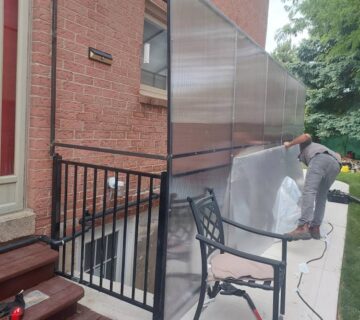Weld cracking is one of the most common issues in the welding industry. It can weaken structural integrity, cause leakage of fluids or gases, and even lead to serious hazards in industrial or construction projects. Cracks in welds occur for various reasons, which we will explore in this article, along with effective methods of prevention.
🔍 Common Causes of Weld Cracking:
1. Residual Stresses
After the welded metal cools down, if the contraction is not properly managed, residual stresses may remain in the weld area. These stresses, especially at joints and connections, can lead to cracking over time.
2. Rapid or Uneven Cooling
Fast cooling—especially in thick metals or cold environments—can result in thermal cracks or brittleness. Controlled and gradual cooling is essential to avoid this problem.
3. Incompatibility of Base Metals
Welding between two metals with different thermal or mechanical properties, if done without proper procedures, increases the likelihood of cracking due to uneven stress distribution.
4. Contaminated Metal Surface or Electrode
Oil, rust, moisture, or other contaminants on the base metal or electrode can degrade the weld quality and cause internal or surface cracks.
5. Incorrect Welding Settings
Improper voltage, amperage, or electrode choice may result in weak or brittle welds that are prone to cracking under stress or over time.
✅ How to Prevent Weld Cracks:
-
Preheat the metal before welding to reduce thermal shock
-
Use electrodes and filler metals compatible with the base material
-
Maintain appropriate weld bead thickness and layer deposition
-
Cool the welded area gradually and under controlled conditions
-
Ensure surfaces and electrodes are thoroughly cleaned before welding
-
Employ skilled welders and perform visual inspection after welding
Conclusion
Weld cracking not only reduces the quality and durability of the joint but can also lead to major safety risks. Understanding the root causes and applying proper welding techniques can significantly reduce the risk of cracking. If you encounter cracked welds, it is strongly recommended to inspect and repair the area with the help of a professional welder.



No comment